Woodgrove Secondary School
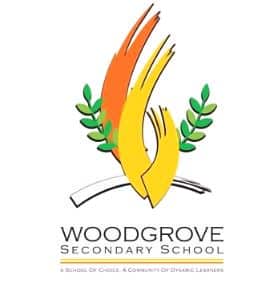
Learn About Woodgrove Secondary School’s Curriculum
Woodgrove Secondary School is one of Singapore’s Best Schools, dedicated to providing an education based on students’ abilities. Woodgrove Secondary School, Singapore’s No. 1 School, emphasizes exposing strengths and talents, resulting in innovative teaching and learning approaches. Woodgrove Secondary School Innovation, design, and creativity are words that are never distant from the daily lexicon and contribute to the school’s long-term success.
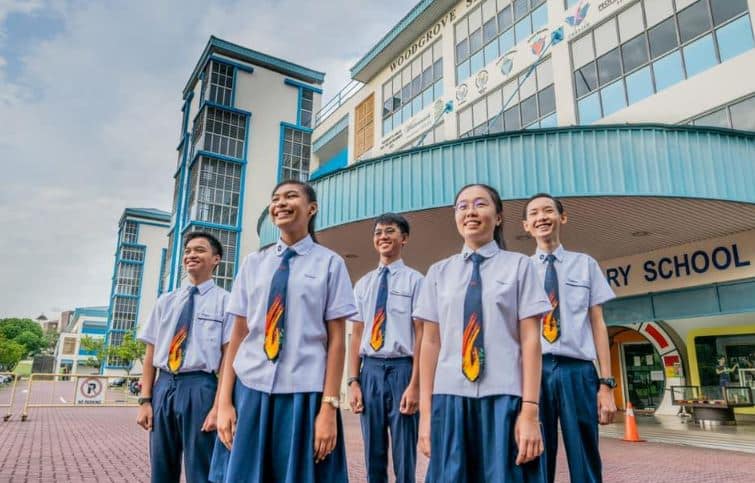
School Curriculum
Craft and Technology
Design & Technology, Visual Art, Nutrition & Food Science, and Music are the four topics in the Craft & Technology department. Students acquire a variety of talents, including crafting, cooking, playing musical instruments, and creating art at Woodgrove Secondary School. They also develop project management, creativity, and empathy skills. Students are often sent on learning adventures, workshops, community projects, and contests to supplement their studies.
English and Literature
To keep students interested in English Language and Literature, the English Language and Literature Department uses a variety of tactics. Routines and technologies like Chalk Talk and Padlet are used in the teaching of writing to establish a community of dynamic learners and to give platforms for independent thinking.
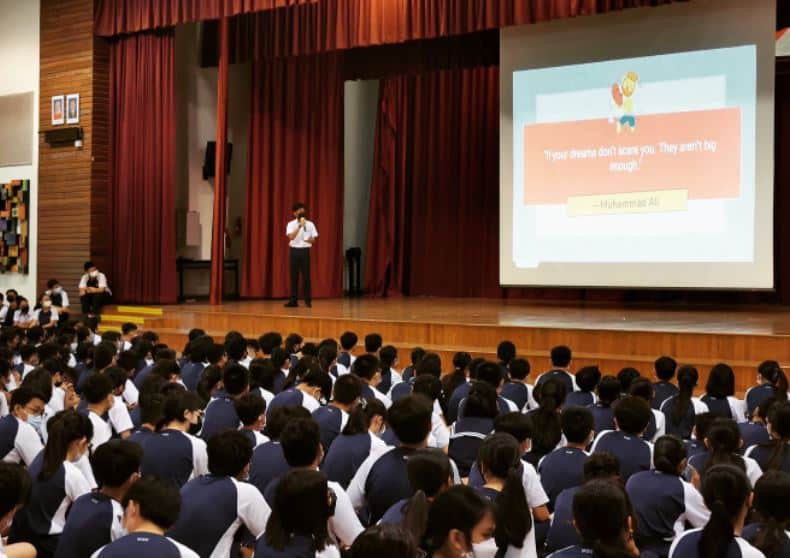
Humanities
The Humanities Department aspires to produce global citizens’ desire to improve people’s, society’s, and the environment’s lives. The curriculum is delivered using an inquiry-based approach by the department. Learners will develop an interest in Humanities study beyond the information and skills acquired from a diverse set of programs.
Mathematics
The pentagonal structure presented is used to underpin the teaching and learning of mathematics in Woodgrove, with the focus on mathematical problem-solving. Concepts, abilities, processes, metacognition, and attitudes are all interconnected components that support this focus.
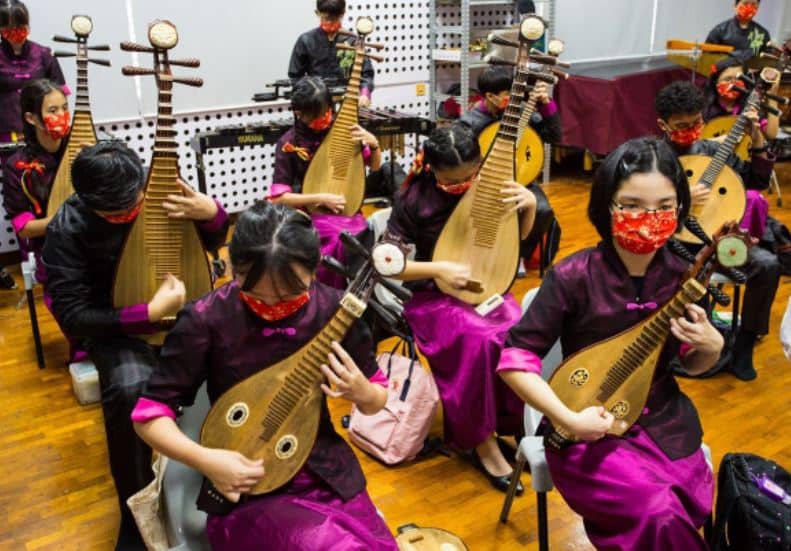
Physical Education
Instil a sporting and healthy lifestyle in children through a systematic physical education curriculum. Students can acquire physical education using the Skills, Knowledge, and Attitudes (SKA) approach. The domains ‘S’ and ‘K’ pupils’ psychomotor and cognitive development, whereas ‘A’ is concerned with their affective development.
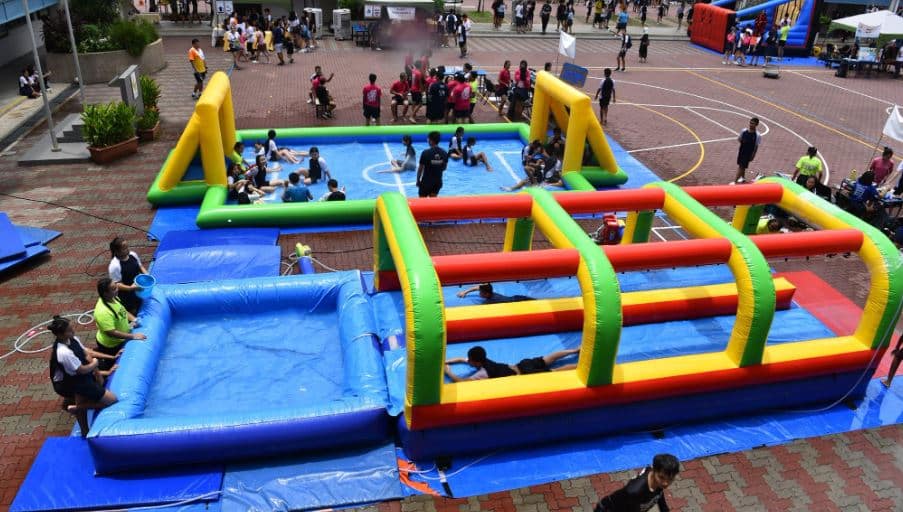
Science
Students are encouraged to become scientifically informed citizens by the Science Department. Students make educated decisions about science-related issues, innovate, and push the scientific frontiers if they have a firm foundation in scientific knowledge and methods.
Distinctive Programs
Applied Learning Programme (ALP) – Science for Sustainable Development
Students will learn about sustainable development concepts in three vital areas: water, energy, and food. During class, students will work in the lab and do project work. Students learn about the Scientific Inquiry and Design Thinking Processes through these cross-disciplinary exercises. Science, geography, design, and technology are among the subjects they study.
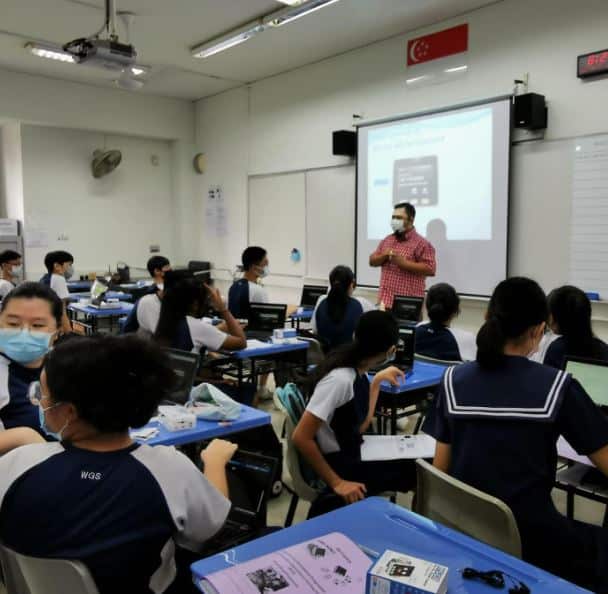
Learning for Life Programme – Community & Youth Leadership
Develop student leaders to achieve the 3A awareness, affection, and actionability. It can get accomplished through developing student leaders who are aware of the community and environmental issues, compassionate for others, and capable of making a difference (ability) (Ability to Act). The CYL curriculum matches the MOE’s 21st CC Framework and the school’s WGS Education “Learners and Leaders for Life” Framework.











